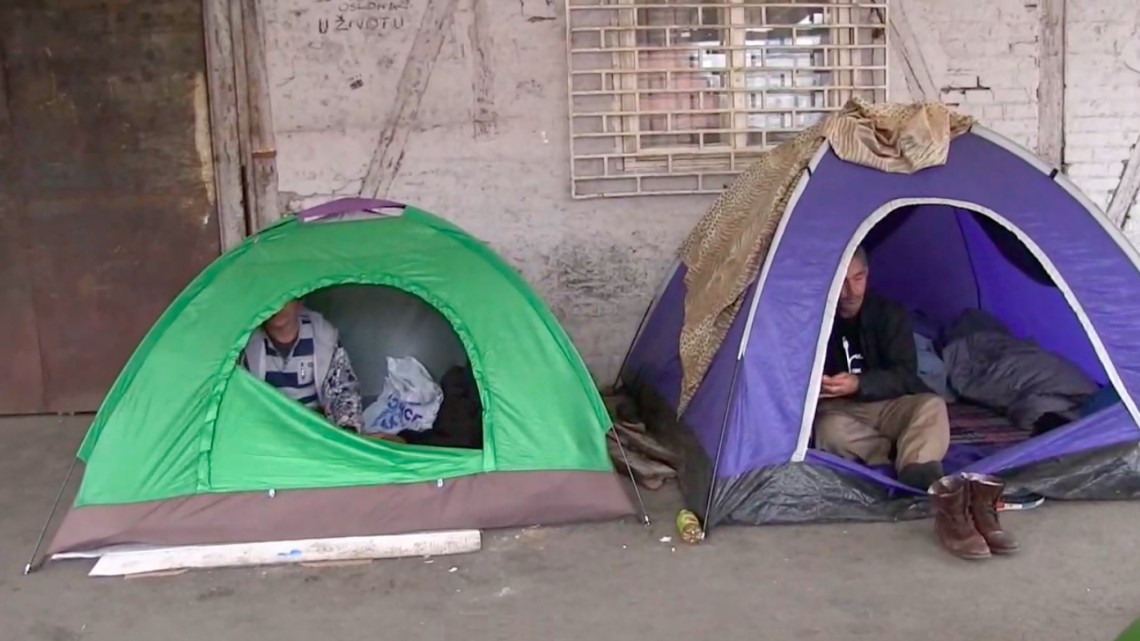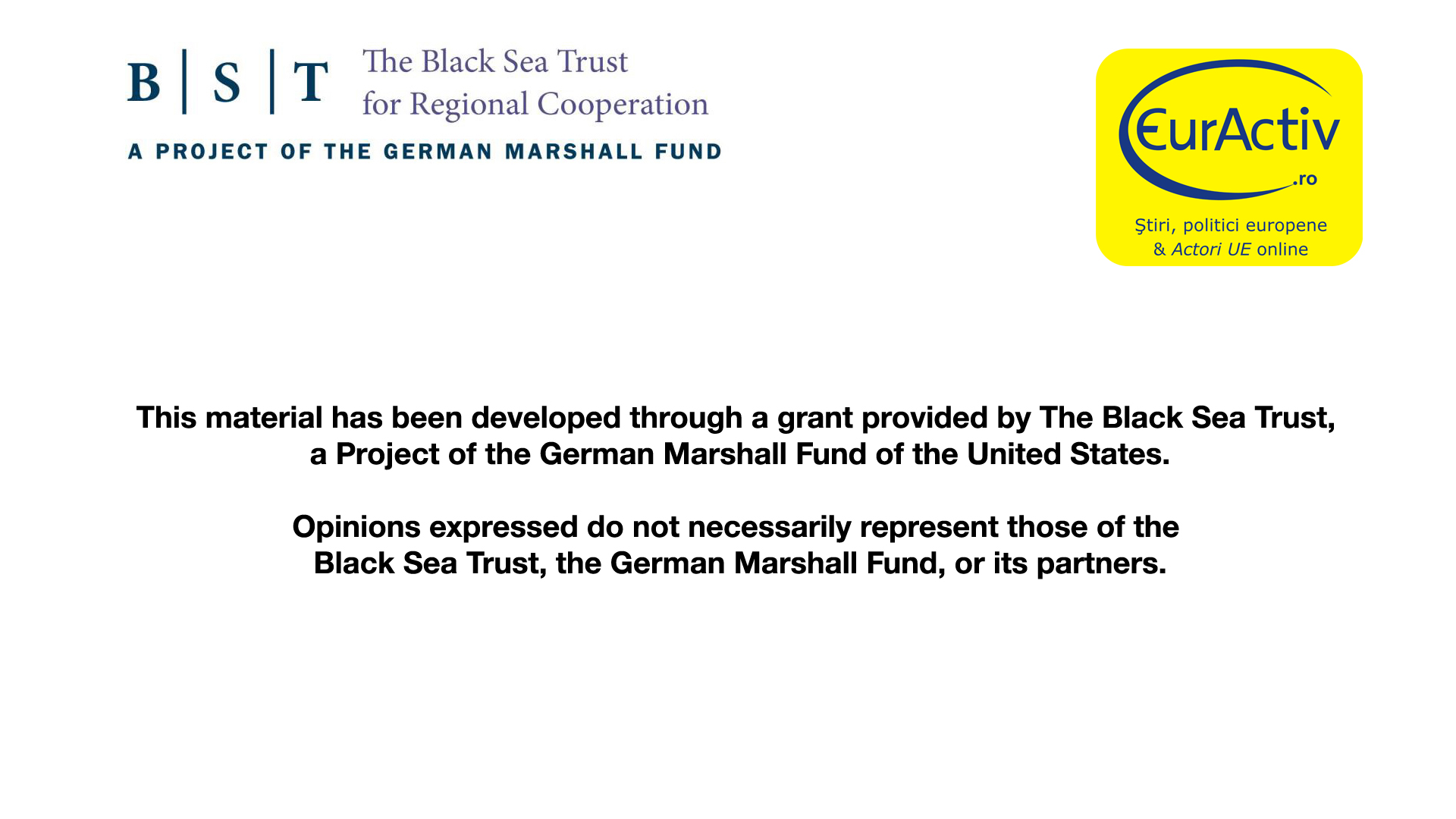The UNCOUNTRIED: A film about those who lost all and want to pay taxes

These people have lost their home, their countries, and their families. They have nothing else to lose, with the exception of their hope.
| The video has subtitles in English and Romanian and is available in HD format. You can choose these elements by using the YouTube.com Settings button. |
People without countries are seen with distrust and, most often, are rejected. Stereotypes and caution make room even in the heart of those who have the most empathy.
"They tend to call "refugees” people who are not refugees, who are other things, but not refugees.”
Eduardo Yrezabal, UNHCR Romania
The confusion generated between migrants and refugees, the attacks that are terrorising the world, all of these elements take a toll on the tolerance that one should express with respect to people in need.
Sensationalism has taken over media coverage and fear has spread all over. Few still remember that they, the Unocountried people, are victims as well.
"Before working in Romania, I worked in Central Asia, in Kazakhstan, and I had once a young refugee from Afghanistan who came to me to talk about his problems and he had a long list of complaints. He said that and that and I said "OK, you have a really long list, but if you had to choose one thing in which you think I can or UNHCR can help you, what will you choose?” And he told me something I will never forget, because he said... He was thinking and he said: "You know - what I want is to become a tax payer.” And I said "A tax payer? Why would you want that? Nobody wants to pay taxes.” And he said: "If I have to pay taxes, it would mean that I have a salary, and if I have a salary it means I have a job and I can sustain my family and I wouldn’t have to come to complain to you.” And then I thought it reflected very well what refugees want – a normal life – even to become tax payers, which is something nobody likes, but paying taxes is a sign of normality."
Eduardo Yrezabal, UNHCR Romania
Our project
The route used by refugees coming from the Middle East to Europe has not closed after the migration peak of 2015. The only thing that has happened is that the number of people reaching the wealthier and opportunity-filled West has dropped, as the route has gotten significantly harder than it was during the more favorable context of a few years back.
Some countries have effectively closed their borders, forcing the refugees to go around or simply blocking thousands of people from continuing their journey towards the European dream.
Assisting the refugees continues to represent a problem for the poor states in the region that lack the necessary resources to shelter them. These countries continue to be confronted with thousands of vulnerable people to whom they have to ensure minimum living conditions.
EurActiv Romania has documented with the financial assistance of the German Marshall Fund the hardships and tragedies of migrants and refugees coming to Europe from the Middle East. We have taken a closer look at the challenges they face, but also at the opportunities that they can access in order to rebuild their lives, at the horrifying stories of their death escaping journeys, but also at extraordinary examples of compassion, at misleading prejudice and misunderstanding of day-to-day realities, and also at exemplary cases of integration and community service.
